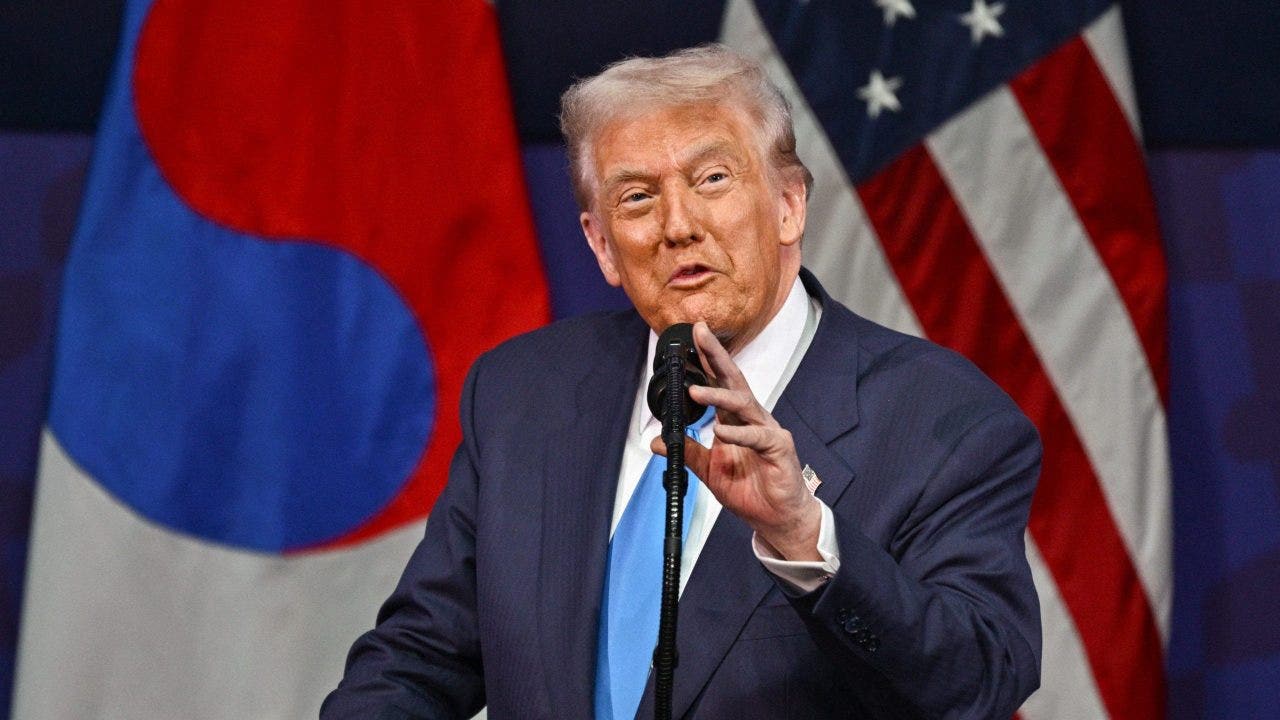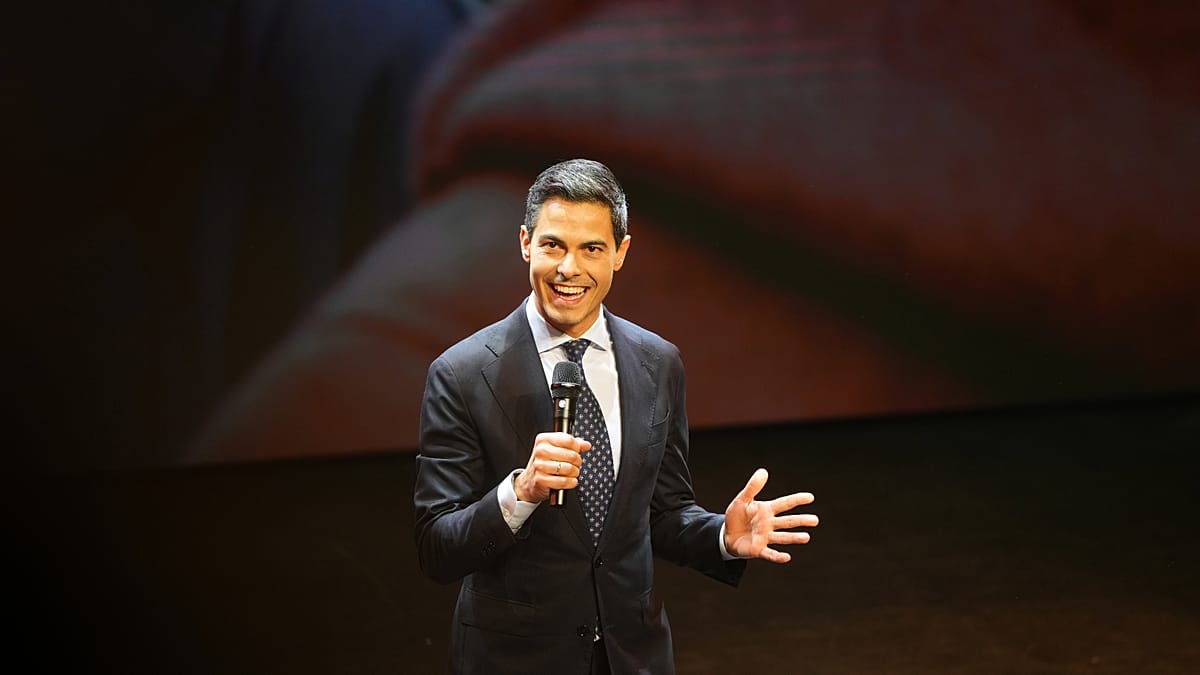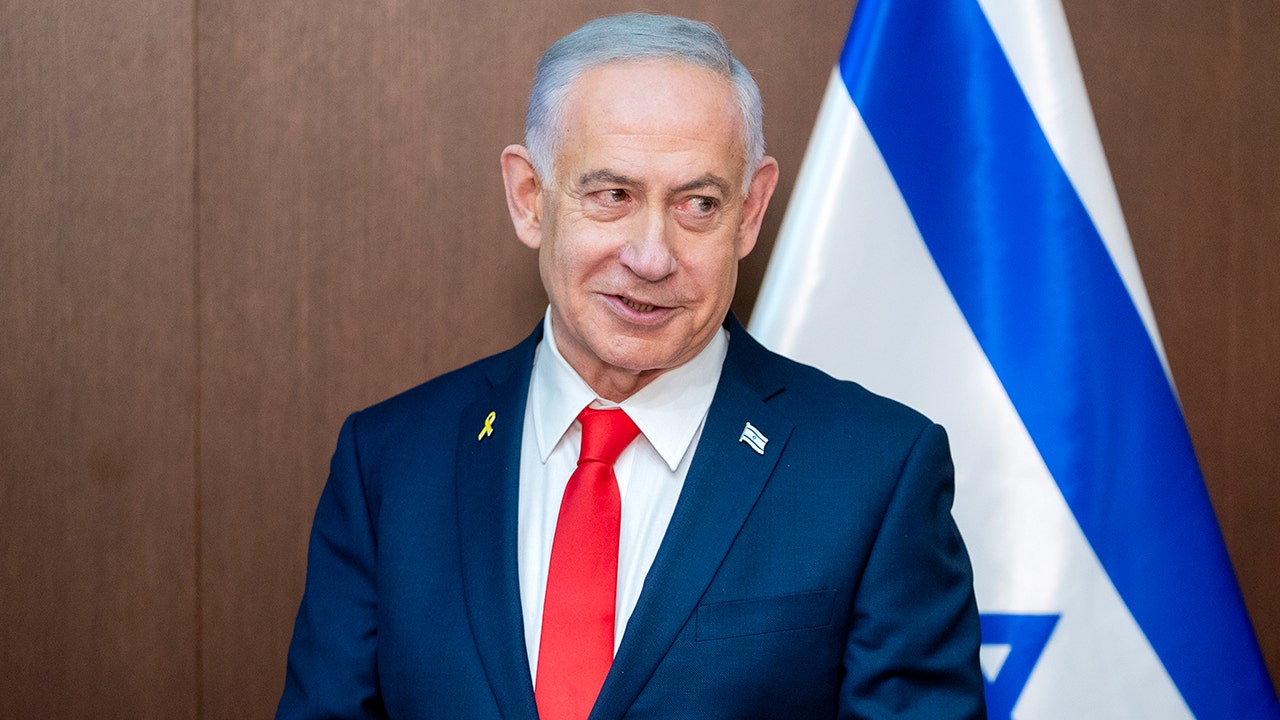NEWYou can now listen to Fox News articles!
A busy two days ahead for President Donald Trump began when he arrived in South Korea on Wednesday. While a meeting with Kim Jong Un wasn’t worked out for this trip, his itinerary includes talks with Chinese President Xi Jinping, attendance at the Asia-Pacific Economic Cooperation (APEC) Leaders Meeting and important talks with South Korean President Lee Jae Myung.
Trump told reporters upon his arrival in South Korea that the much-talked-about meeting with Kim Jong Un wasn’t to be due to timing, but said, “President Xi is coming tomorrow. And that was, that was something that, obviously, is very important to the world, to all of us. You’ll be watching very carefully. We’re meeting right here, and we’re all looking forward to that. I think it’s going to work out.”
Trump’s talks with his South Korean counterpart come as both countries move closer to completing a new trade agreement.
Henry Haggard, former minister counselor for political affairs at the U.S. Embassy in Seoul, told Fox News Digital, “Trump’s main objective in meeting Lee Jae-myung is to secure a trade deal and, along with that, $350 billion in investments in the United States.”
TRUMP SAYS HE’D BE WILLING TO EXTEND ASIA TRIP TO MEET WITH NORTH KOREA’S KIM JONG UN
“He will also seek to push Lee to commit to a stronger stance against China, and to increase defense spending. Lee will seek to charm Trump, as the key to keeping the bilateral relationship on track is for Lee to have a stronger relationship with Trump.”
The expected investment package, Haggard said, will dominate the agenda. The two governments are negotiating a trade framework aimed at expanding investment, coordinating supply chains and setting new standards for digital and industrial policy. Analysts say Seoul’s recent regulatory approach toward foreign technology companies has raised concerns in Washington, which sees the deal as a chance to restore investor confidence and curb China’s growing foothold in the region.
“The bilateral alliance, along with the trilateral relationship with Japan and Korea, is key to competing with and deterring China, so the smart play would be to bring Korea and Japan closer to the U.S. perspective on economic security, critical minerals and the digital economy, in addition to increasing information sharing, shipbuilding cooperation and shared military preparedness,” he said.
“The United States and Korea are seeking to modernize the military alliance, and the United States hopes to gain acquiescence, if not support, for its ‘strategic flexibility’ approach,” he added. “In addition to the threat posed by North Korea, the United States and Korea face regional and transnational threats, not only from China, so any modernized alliance would acknowledge and seek to prepare for a broader range of threats.”
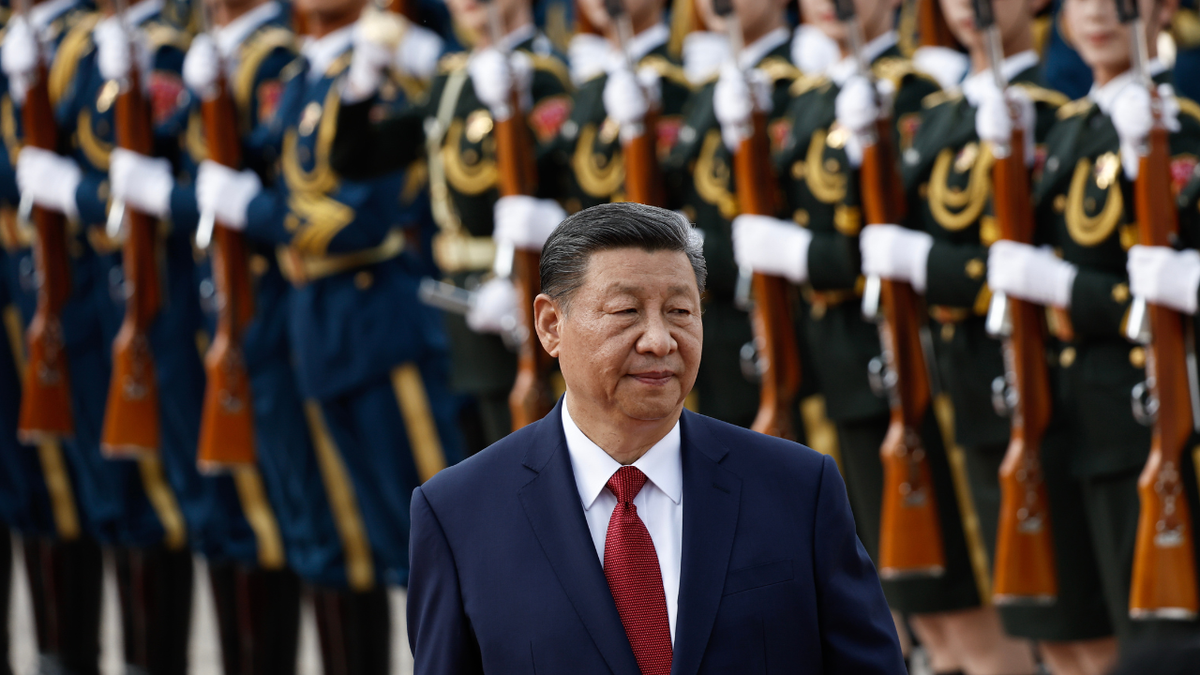
TRUMP AND KIM JONG UN SHOULD MAKE ‘BOLD DECISION’ TO MEET DURING HIS ASIA TRIP, SOUTH KOREAN OFFICIAL SAYS
The meeting with Lee comes a day before Trump meets Chinese President Xi Jinping in Seoul.
Lee, who leads a left-leaning government, is expected to balance domestic economic reform with the need to preserve the alliance’s stability. Some in Seoul’s government worry that stronger ties to Trump could invite Chinese retaliation or alienate progressive voters.
“America’s alliance with South Korea is in danger because President Lee Jae-myung is very pro-China and very anti-American,” said Gordon Chang, an author and Asia analyst. “That puts our relationship with South Korea in play. The South Korean people may love the United States more than ever, but their government abhors us.”
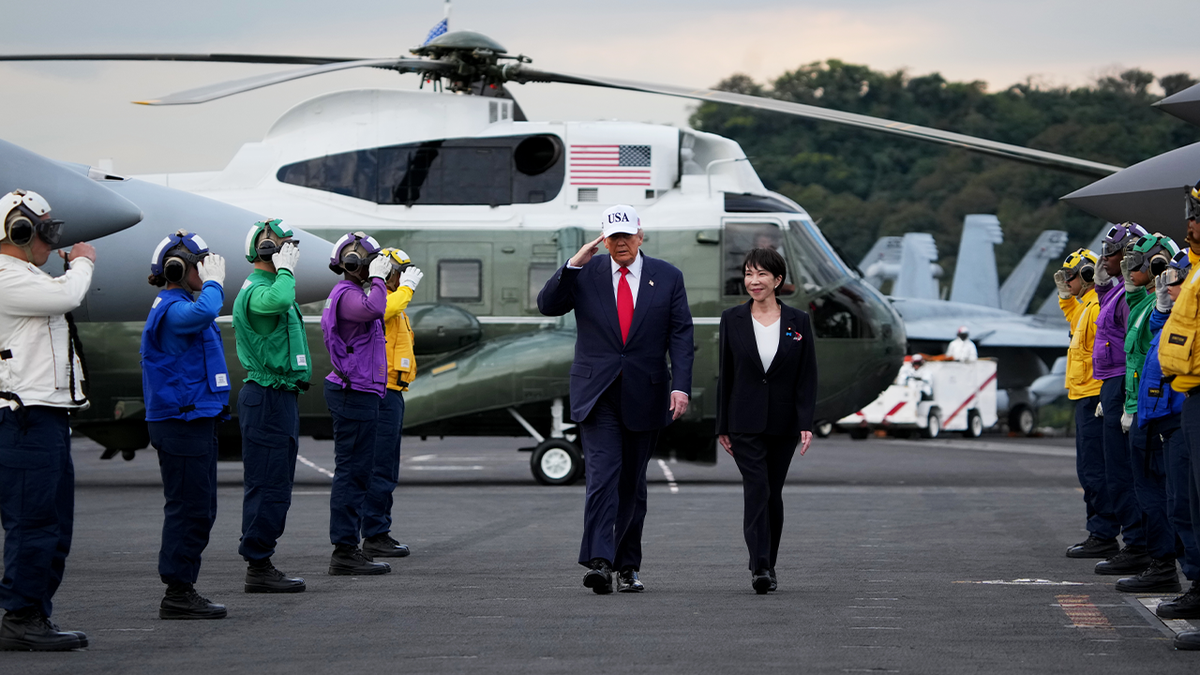
Haggard believes Lee has little political space to drift away from Washington. “There is little chance that Lee will move significantly away from the focus on the alliance with the United States, even if some in his party would applaud such a move, because the vast majority of Korean people support strong ties with the United States, support a U.S. troop presence and understand that their future security relies on smooth relations with their only ally, the United States.”
CLICK HERE TO DOWNLOAD THE FOX NEWS APP
At the same time, Haggard warned that economic policy differences could pose new challenges. “Domestic economic policy in South Korea has traditionally been a source of friction but only peripherally because of the relatively small historical investment level into South Korea. As Korea’s economy becomes more global and its companies become global leaders beyond their exports, differences in economic policy could become more troublesome to the bilateral relationship.”
He added that tighter regulation of foreign investment “would likely cause frictions with the United States as the two countries seek to sign and implement a trade deal.”
Read the full article here







